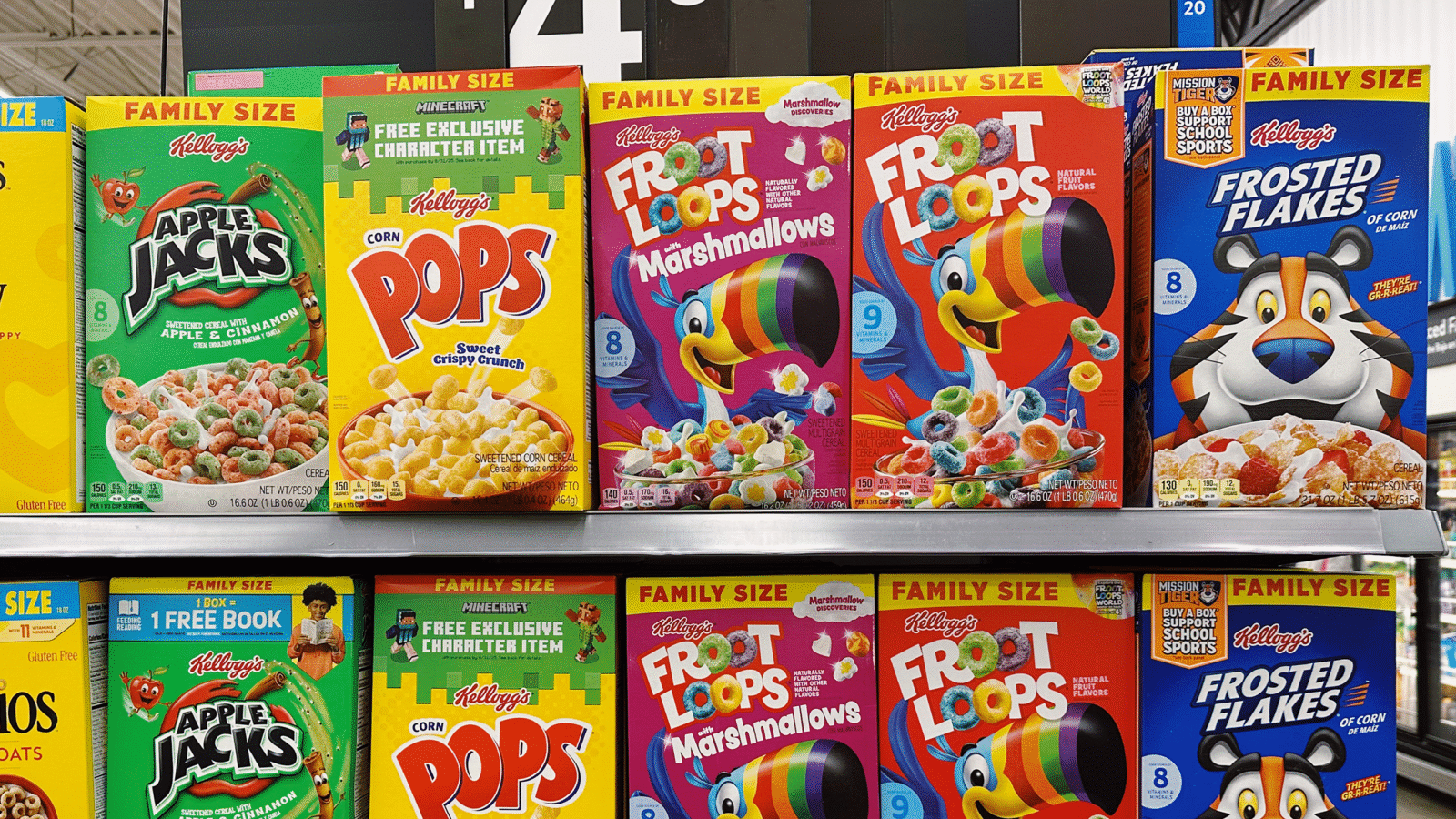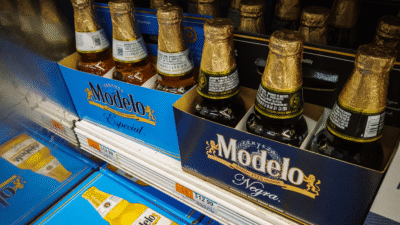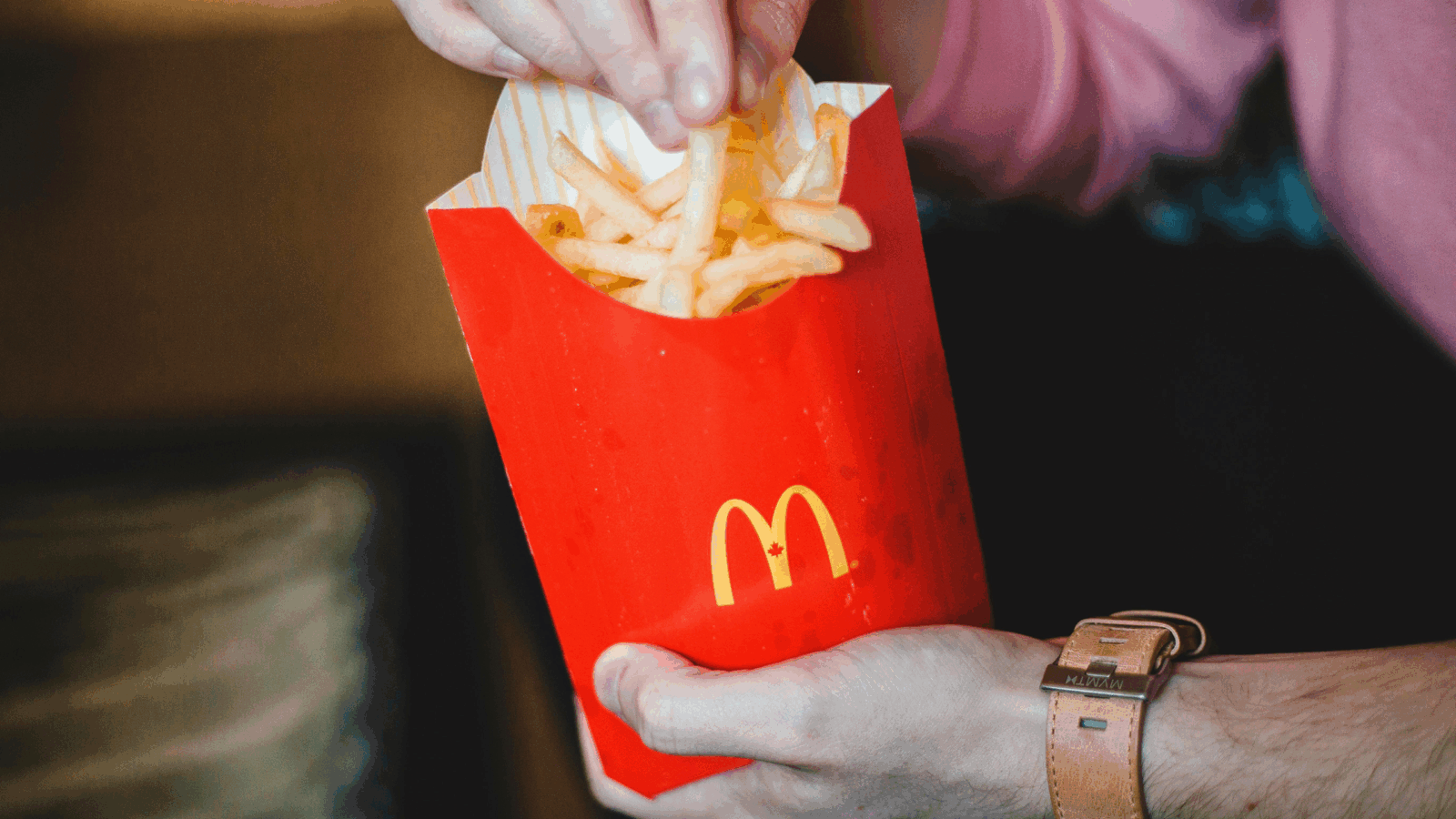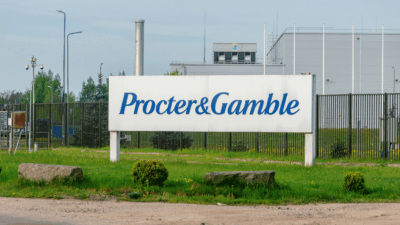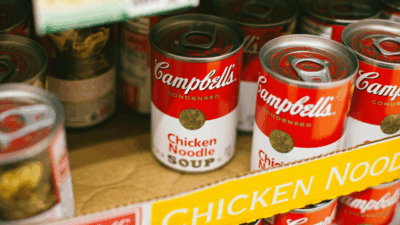
Sign up for smart news, insights, and analysis on the biggest financial stories of the day.
Cigarette king Philip Morris International (PMI) wants to see its business burning at both ends — but not literally.
In the latest move to reshape its business so that 50% of revenue originates from smoke-free products, PMI has homed in on acquiring Swedish Match, a Stockholm-based tobacco multinational with rip-roaring recent success in the smoke-free sector. On Monday, both companies confirmed to The Wall Street Journal that negotiations have entered advanced talks — and a deal could be reached as soon as Friday.
Where There’s No Smoke, There’s Fire
PMI — the split-off international tobacco business that sells Marlboros, Chesterfields, Phillip Morris, and other branded cigarettes in non-US markets — has faced the same crisis as every other major competitor in the space: all those anti-smoking PSAs have worked. Really, really well. Consumers have been burning through fewer and fewer cigarettes every year for nearly two decades (aside from a brief, certainly stress-induced uptick in 2020), pushing PMI to aggressively pivot into e-cigarettes, vapes, and other forms of smokeless tobacco. The company’s stated goal is to generate more than 50% of net revenue from smoke-free products by 2025. Last year, with earnings of over $30 billion, its smoke-free pillar accounted for nearly 30% of its total revenue.
Enter Swedish Match, which has made a killing in recent years on products that, well, aren’t nearly as likely to kill customers (in 2019, Swedish Match earned FDA approval to advertise its smokeless-tobacco offerings as products with a lower risk of causing mouth cancer, lung cancer, and heart disease than traditional cigarettes). For PMI, acquiring Swedish Match presents the perfect opportunity to further pursue its five-year plan — and boost business in the process:
- Smoke-free products represented over 65% of Swedish Match’s total revenue last year, amid double-digit sales growth. Leading the pack was Zyn, its lozenge-like “nicotine pouch” that sold nearly 174 million cans in the US last year, which the company’s website says translates to a 64% market share of the nicotine-pouch sector.
- Overall, the deal could be worth more than $15 billion, according to WSJ sources familiar with the negotiations.
One variable that could send any possible deal up in smoke remains: on Wednesday, Swedish Match will report its first-quarter earnings for the year. Should the acquisition go through, it would mark PMI’s fifth, and largest, deal since the beginning of 2021.
